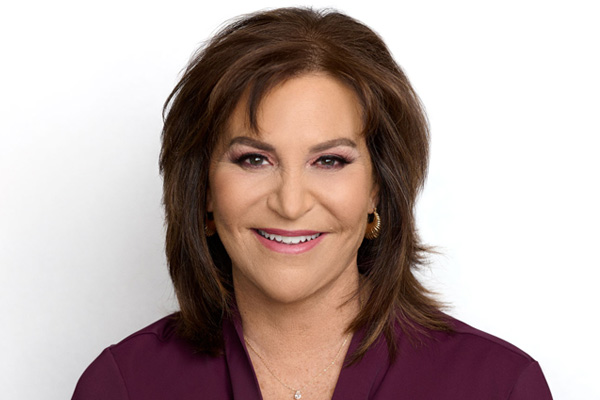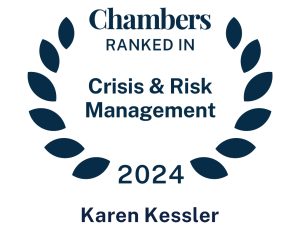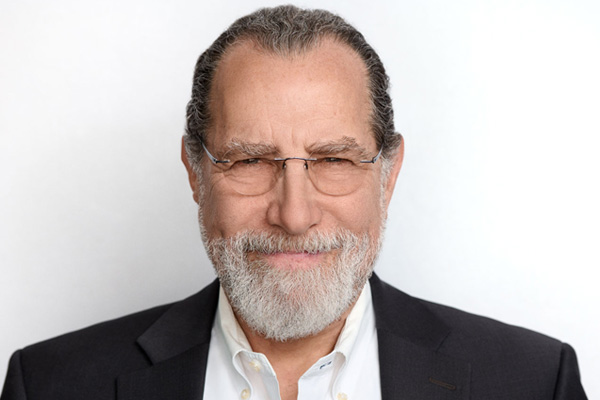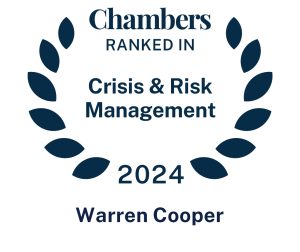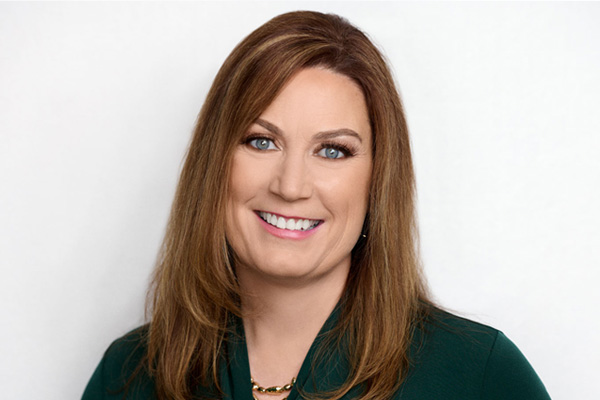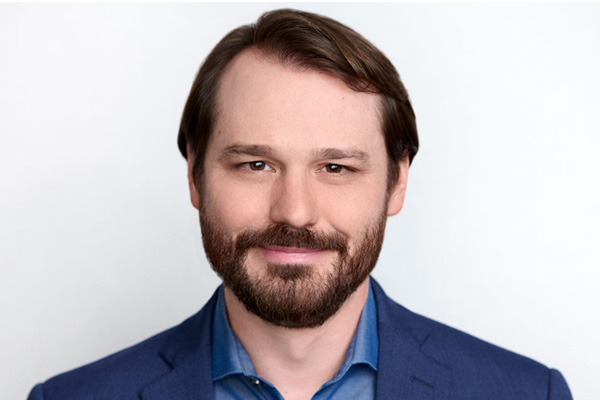As social justice concerns have come to occupy center stage of public discourse, leaders of all types of companies, organizations and institutions feel pressured to comment.
But in the current divisive political (small “p”) environment, expressing an opinion on any social justice issue is fraught with reputational risk.
Whether that pressure grows out of one’s own ethics, or from the urging of colleagues, customers, employees, boards of directors or the general public, it’s increasingly obvious that no statement will satisfy everyone – or even the majority of the audience for whom the message is intended. Moreover, in an era in which social media fuels cancel culture, the consequences of speaking out can be dire.
This is not news. High profile university presidents have been forced to resign after statements about the Hamas/Israeli war drew public – and political ire. A former CrossFit CEO was forced to step down over comments he made after George Floyd’s death. Hallmark became the target of online petitions from conservative Catholic groups after airing a commercial featuring same-sex couples – then was hit by criticism from LGTBQ+ advocacy groups for subsequently pulling the ads.
It’s not just a question of choosing sides – an entity can be vilified for not taking a sufficiently extreme position, as when two top officials from The Poetry Foundation were forced from their posts after 1,000 poets and foundation supporters criticized what was said to be a weak and vague stance on Black Lives Matter issues.
Not speaking out can be equally risky: Red Bull fired its CEO, CMO and president after an internal letter signed by several hundred employees criticized the company’s “public silence” on the Black Lives Matter movement.
Nor will it work to issue a “thread-the-needle” statement that focuses on “the victims” or expresses a wish for a speedy end to the war, equal protection under law, “good people on both sides,” etc. They tend to be criticized as cynical, performative, and tone deaf.
But if commenting and not commenting are equally fraught, what pathway is left?
-
- First: The decision to comment (and what to say) should be part of a fully developed plan – one that includes preparations for backlash that’s sure to come.
- Second: The position should align with your organization’s mission (and not necessarily its core values or vision statement, which tend to embrace amorphous and aspirational social justice goals.)
- Third: A decision to speak out publicly – or even internally to employees or other stakeholders – should be based on a policy that clearly sets out the circumstances and parameters under which leadership must speak on behalf of the organization. (That “must,” rather than “may” speak out is crucial, because to help the organization dodge social justice backlash, the policy should constrain commentary, not enable it.)
- Fourth: A key component of the policy should be the recognition that social justice issues are not static, that a decision to not speak out can be bolstered in situations in which circumstances are evolving or the issue is one that may come to be viewed differently ovin hindsight. (The Israeli/Hamas war provides a good example: Organizations that enthusiastically supported Israel during the first days were later vilified as the war raged and the plight of non-Hamas Palestinians became a chief concern.)
- Fifth: The policy must be made widely known throughout the organization as firmly rooted in the organization’s raison d’etre, not its culture or its commitment to social justice issues generally.
- Sixth: The policy should clearly state that leadership shall not comment on any issue unless the issue impacts its operations or goals.
Even so, you’ll likely have to defend the decision not to comment – at first, anyway.
Organizations can take their cue from Harvard University, which established an Institutional Voice Working Group to recommend such a policy after its president was forced to resign over comments made (and not made) about her response to Israeli/Hamas war protesters.
“The university has a responsibility to speak out to protect and promote its core function,” the working group wrote. Still, it added, “The university and its leaders should not, however, issue official statements about public matters that do not directly affect the university’s core function.”
The working group pointed out that Harvard’s “core function” is to cultivate “an environment in which its members can research, teach, and learn.” To protect and promote its core function, it wrote, “Its leaders must communicate the value of the university’s central activities,” and “they must speak out on issues directly relevant to the university’s operation.”
To paraphrase the working group, the integrity and credibility of your organization is compromised when you speak on matters outside your area of expertise.
How does this translate to your organization? If you’re a hospital or nursing home or medical practice, your expertise lies in healthcare. If you are a law firm, accounting firm, public relations firm, you may support Pride month, Holocaust Remembrance events, veterans’ access to healthcare but your core professional functions are unrelated to those causes, regardless of how passionate you are about them. Make it clear to your internal audiences (employees, corporate partners, oversight entities, etc.) that your organization will always comment on issues that are central to its core function and expertise but will always refrain from speaking out on other issues.
You’re likely to initially get pushback but stick to your guns. If your policy is carefully considered, consistent and easily explained, it will ultimately be accepted… and might even come to be viewed as wise.
And, by the way, if your organization isn’t in a position to fundamentally impact the issue, what you believe doesn’t add to the conversation anyway.
~~~
Warren Cooper is Senior Director at Kessler PR, a public relations firm specializing in crisis and strategic communications consulting services for Fortune 500 companies, colleges and universities, hospitals and health systems, law firms, governments, religious institutions, arts organizations, and other high-profile clients. In 2024, Chambers and Partners ranked Kessler PR Group and Cooper individually in Litigation Support and Crisis PR & Communications.
In advising clients, Cooper draws on his years as an investigative reporter, New Jersey mayor, businessman and school board president. He earned a doctoral degree in psychology at Rutgers University and a bachelor’s degree at Binghamton University.[/et_pb_text][/et_pb_column][/et_pb_row][/et_pb_section]

